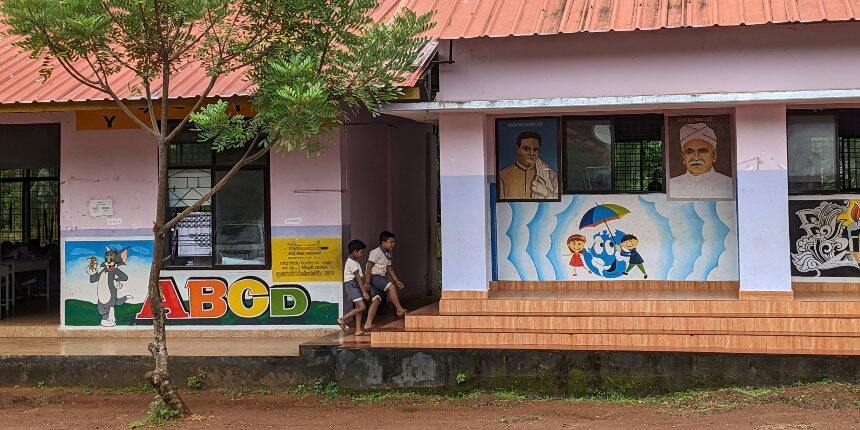Draft Kerala Curriculum Framework splits school education into 3 stages, make Class 12 minimum standard
Atul Krishna | October 10, 2023 | 03:16 PM IST | 3 mins read
The KCF also proposes a ‘uniform scientific curriculum’ for pre-schools, three types of subjects in Class 12 and continuous evaluation.

NEW DELHI: The draft Kerala Curriculum Framework (KCF) 2023, made public by general education minister V Sivankutty during an event on Monday, proposes dividing Kerala school education into three stages: early childhood care and development (up to age 5 or 6), primary (Classes 1 to 7) and secondary (Classes 8 to 12).
This is a departure from the four stage education proposed in the National Curriculum Framework (NCF) 2023. The NCF 2023 divides education into four stages: foundational stage (age 3 to 8 years), preparatory stage (Classes 3 to 5), middle stage (Classes 6 to 8), secondary stage (Classes 9 to 12).
“Till date Kerala has never followed all the recommendations of the National Curriculum Frameworks considering the unique scenarios of the region,” the draft says.
The draft framework also proposes introducing a uniform curriculum for pre-school education across the state, giving onus on gender equality and gender justice, and moots developing Class 10 exams as a means to assess educational standard and aptitude of the students. It also proposes considering Class 12 as the basic educational qualification.
Kerala schools: Uniform curriculum
The KCF has pointed to the need of having a “uniform scientific curriculum” across institutions at the pre-school level. It specifies that the textbooks for pre-school level should have 85% of pictorial representations including some zero-text pages.
The draft framework has recommended gradually reducing the number of pictorial representations in higher classes, to 70% of the textbook for lower primary classes, 40% for upper primary classes, and 20% for higher secondary classes.
The draft also notes that the textbooks should be inclusive and should have representation of tribal and transgender people. It also says that there should be only 15-20 students in a classroom for an ideal academic atmosphere.
Kerala Class 12: Three types of subjects
Unlike the NCF 2023, the draft KCF suggests providing an optional language for Class 12 students. The NCF had suggested that at least two languages, including one Indian language, should be compulsory for Classes 11 and 12.
The KCF has also made no mention of the eight curricular areas mentioned in the NCF. Instead it talks about providing three types of subjects for Class 12: compulsory, optional and credit-based.
It also suggests considering Class 12 as the minimum educational qualification but at the same time talks about encouraging students studying vocational courses from polytechnic, and other vocational colleges after Class 10.
Teachers are to be given 20 days of training every year and 15 days of specialised training every 5 years, according to the draft.
Board exams and evaluation
The draft talks about creating a holistic progress card based on continuous evaluation.
It also moots creating a common evaluation to assess educational standards and aptitude of students through the Class 10 public examinations. However, the draft said that further thought and discussion is needed in this regard.
It also talks about changing the Class 12 exams to make it “up to date” and invites discussions on this.
The draft also proposes multiple exams and semester exams, just like in the NCF 2023, to reduce the duration between learning and exams. It said that questions in these exams should ideally focus on the subjects taught.
The draft also proposes the creation of career guidance centres for students in Classes 11 and 12.
Follow us for the latest education news on colleges and universities, admission, courses, exams, research, education policies, study abroad and more..
To get in touch, write to us at news@careers360.com.